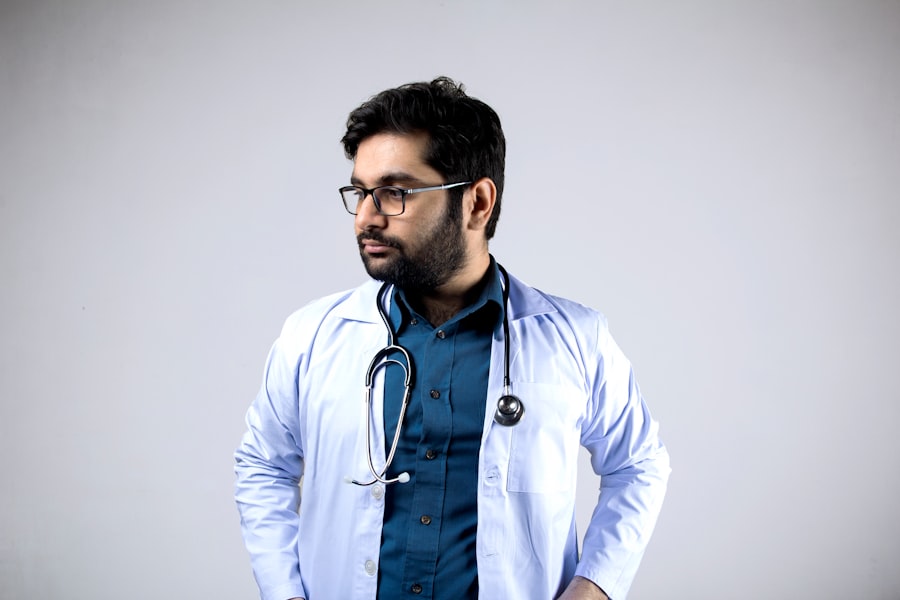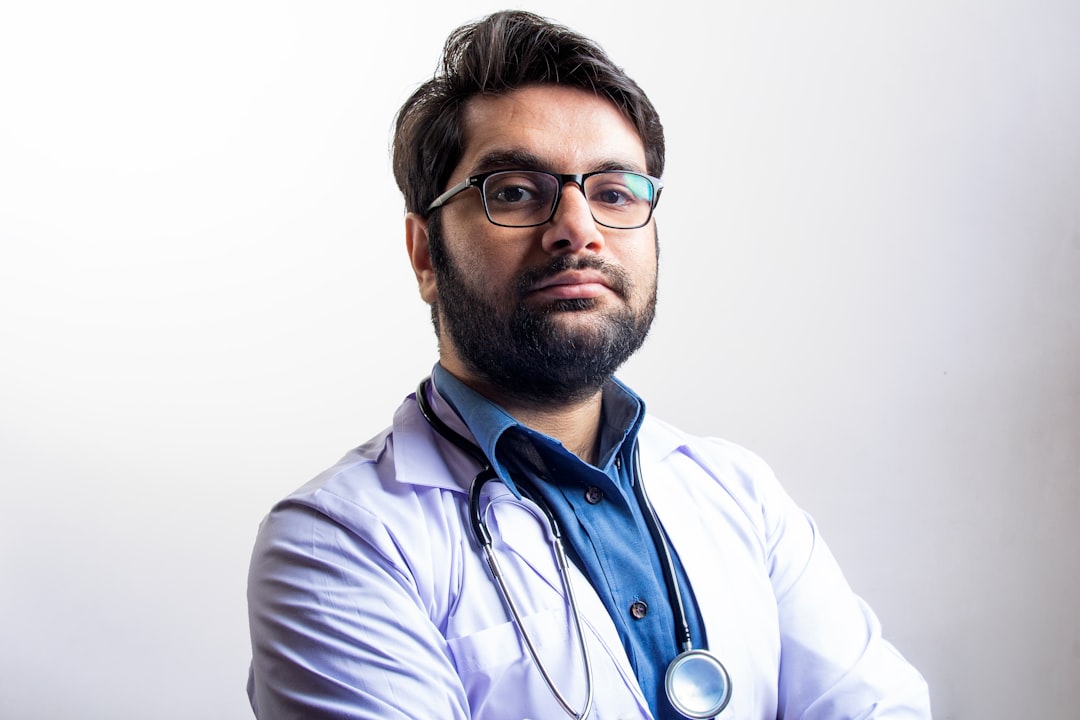Norway is renowned for its robust healthcare system, which prioritises the well-being of its youngest citizens. The country’s commitment to providing comprehensive healthcare services for children is evident in its structured approach, which encompasses everything from preventive care to specialised treatments. The Norwegian healthcare model is characterised by its universal access, ensuring that all children, regardless of their socio-economic background, receive the necessary medical attention and support.
This commitment to child health is not merely a policy but a societal value deeply ingrained in the Norwegian ethos. The healthcare system in Norway operates under the principle of equality, aiming to eliminate disparities in health outcomes among children. This is achieved through a combination of government funding, public health initiatives, and community involvement.
The focus on early intervention and preventive care is particularly noteworthy, as it lays the foundation for a healthier future generation. As we delve deeper into the various aspects of children’s healthcare in Norway, it becomes clear that the system is designed not only to treat illnesses but also to promote overall health and well-being from infancy through adolescence. Book your 1-hour strategy session with Norway Relocation Group.
Summary
- Norway provides comprehensive healthcare for children from birth to adolescence, with a focus on preventive care and early intervention.
- Early childhood healthcare in Norway includes regular check-ups, vaccinations, and developmental screenings to ensure the well-being of young children.
- Vaccinations are a key component of preventive care for young children in Norway, with a national vaccination program in place to protect against various diseases.
- School-aged children in Norway have access to healthcare services through school health services and community health centres, ensuring their ongoing health needs are met.
- Norway offers mental health support for children and adolescents through a combination of school-based services, community mental health teams, and specialist services for more complex needs.
Early Childhood Healthcare: From Birth to Preschool
The journey of healthcare for children in Norway begins at birth, with a well-structured system that ensures new parents receive the support they need. The Norwegian healthcare system provides comprehensive maternal and child health services, which include regular check-ups, vaccinations, and guidance on nutrition and development. Health visitors play a crucial role in this phase, offering advice and support to families, helping them navigate the early stages of parenthood.
These professionals are trained to identify any potential health issues early on, ensuring that children receive timely interventions when necessary. As children grow into their preschool years, the focus remains on monitoring their development and health. Regular health checks are conducted to assess physical growth, cognitive development, and emotional well-being.
These assessments are not only vital for identifying any health concerns but also serve as an opportunity for parents to engage with healthcare professionals about their child’s progress. The emphasis on early childhood healthcare reflects Norway’s understanding of the critical importance of these formative years in shaping a child’s future health outcomes.
Vaccinations and Preventive Care for Young Children

Vaccination is a cornerstone of preventive healthcare for young children in Norway. The country has implemented a comprehensive immunisation programme that covers a wide range of diseases, including measles, mumps, rubella, and whooping cough. Parents are encouraged to adhere to the vaccination schedule recommended by health authorities, which is designed to protect not only individual children but also the wider community through herd immunity.
The accessibility of vaccinations is facilitated by local health clinics, where trained professionals administer vaccines and provide information about their importance. Preventive care extends beyond vaccinations; it encompasses regular health screenings and developmental assessments that are integral to ensuring children’s overall well-being. These preventive measures are crucial in identifying potential health issues before they escalate into more serious conditions.
In addition to physical health, preventive care also includes guidance on nutrition and lifestyle choices that promote healthy growth and development. By prioritising vaccinations and preventive care, Norway aims to create a healthier population of children who can thrive both physically and mentally.
Access to Healthcare Services for School-Aged Children
As children transition into school age, access to healthcare services remains a priority in Norway. The country boasts an extensive network of healthcare facilities that cater specifically to the needs of school-aged children. This includes general practitioners who specialise in paediatrics, as well as school nurses who play an essential role in monitoring children’s health within the educational environment.
These professionals are often the first point of contact for parents seeking medical advice or assistance regarding their child’s health concerns. In addition to routine check-ups and treatment for common ailments, school-aged children benefit from various health promotion initiatives aimed at fostering healthy habits. Schools often collaborate with healthcare providers to implement programmes that educate children about nutrition, physical activity, and mental well-being.
This integrated approach ensures that children receive consistent messages about health from both their families and educational institutions, reinforcing the importance of maintaining a healthy lifestyle as they grow.
Mental Health Support for Children and Adolescents
Mental health is an increasingly recognised aspect of children’s healthcare in Norway. The government has made significant strides in addressing mental health issues among children and adolescents by providing accessible support services. Schools play a pivotal role in this regard, with trained counsellors available to assist students facing emotional or psychological challenges.
Early intervention is emphasised, as research indicates that addressing mental health concerns at a young age can lead to better long-term outcomes. In addition to school-based support, various community resources are available for families seeking mental health assistance for their children. These include specialised clinics and helplines that offer guidance and counselling services tailored to young people.
The Norwegian approach to mental health prioritises destigmatisation and encourages open conversations about emotional well-being, fostering an environment where children feel safe seeking help when needed.
Dental Care for Children in Norway

Dental care is another critical component of children’s healthcare in Norway. The country provides free dental services for children up to the age of 18, ensuring that all young people have access to necessary oral health care without financial barriers. Regular dental check-ups are encouraged from an early age, with parents advised to bring their children for their first visit by the time they reach one year old.
This proactive approach helps establish good dental hygiene habits early on and allows for the early detection of any potential dental issues. In addition to routine check-ups, dental education is an integral part of the programme. Children are taught about proper brushing techniques, the importance of a balanced diet for oral health, and how to avoid sugary snacks that can lead to cavities.
By instilling these habits at a young age, Norway aims to reduce the prevalence of dental problems among its youth and promote lifelong oral health.
Specialised Healthcare for Children with Chronic Conditions
For children with chronic conditions, Norway offers specialised healthcare services designed to meet their unique needs. The healthcare system provides access to paediatric specialists who are trained to manage various chronic illnesses such as asthma, diabetes, and epilepsy. These specialists work closely with families to develop comprehensive care plans that address both medical treatment and lifestyle adjustments necessary for managing these conditions effectively.
In addition to medical care, support services are available for families navigating the challenges associated with chronic illnesses. This includes access to educational resources, counselling services, and support groups that connect families facing similar challenges. The emphasis on holistic care ensures that both the physical and emotional needs of children with chronic conditions are met, allowing them to lead fulfilling lives despite their health challenges.
Adolescent Healthcare: Transitioning to Adult Services
As children reach adolescence, their healthcare needs evolve significantly. The transition from paediatric to adult healthcare services can be daunting for many young people; however, Norway has implemented strategies to facilitate this process smoothly. Healthcare providers work collaboratively with adolescents to prepare them for this transition by educating them about their health conditions and encouraging them to take an active role in managing their own care.
This transitional phase also includes discussions about sexual health, mental well-being, and lifestyle choices that can impact long-term health outcomes. By empowering adolescents with knowledge and resources, Norway aims to foster independence while ensuring that they continue to receive appropriate medical care as they move into adulthood.
Parental Involvement in Children’s Healthcare in Norway
Parental involvement is a cornerstone of children’s healthcare in Norway. The healthcare system actively encourages parents to participate in their child’s medical care by providing them with information and resources necessary for making informed decisions. Health visitors and paediatricians often engage parents in discussions about their child’s development and well-being during routine check-ups, fostering a collaborative approach to healthcare.
Moreover, parents are encouraged to advocate for their children’s needs within the healthcare system. This empowerment not only strengthens the parent-child relationship but also enhances the overall effectiveness of healthcare delivery. By involving parents in every step of their child’s healthcare journey, Norway ensures that families feel supported and informed throughout the process.
Healthcare Funding and Policies for Children in Norway
The funding structure for children’s healthcare in Norway is primarily based on public financing through taxation. This model allows for equitable access to healthcare services regardless of socio-economic status. The government allocates significant resources towards child health initiatives, recognising the long-term benefits of investing in the well-being of future generations.
Policies surrounding children’s healthcare are continually evolving to address emerging challenges and improve service delivery. The Norwegian government regularly reviews its healthcare policies to ensure they align with best practices and meet the needs of families effectively. This commitment to ongoing improvement reflects a broader understanding of the importance of child health as a national priority.
Challenges and Future Developments in Children’s Healthcare in Norway
Despite its strengths, Norway’s children’s healthcare system faces several challenges that require attention moving forward. One significant issue is the increasing prevalence of mental health disorders among young people, which has been exacerbated by factors such as social media use and academic pressures. Addressing these challenges will require innovative approaches and increased resources dedicated specifically to mental health support.
Looking ahead, there is also a growing recognition of the need for more integrated services that address both physical and mental health comprehensively. Future developments may include enhanced training for healthcare professionals on recognising mental health issues during routine check-ups or expanding community-based support services for families. In conclusion, Norway’s commitment to children’s healthcare is evident through its comprehensive approach that encompasses preventive care, mental health support, dental services, and specialised treatment for chronic conditions.
As the country continues to evolve its policies and practices in response to emerging challenges, it remains dedicated to ensuring that all children have access to high-quality healthcare services throughout their developmental journey. For those interested in learning more about Norwegian culture or planning a move to this beautiful country, consider enrolling in Norwegian courses at the NLS Norwegian Language School. These courses provide an excellent opportunity not only to learn the language but also to immerse oneself in the rich cultural context that shapes Norway’s values around family and community well-being.
Speak Norwegian with confidence. Enroll in a class at the NLS Norwegian Language School now.

